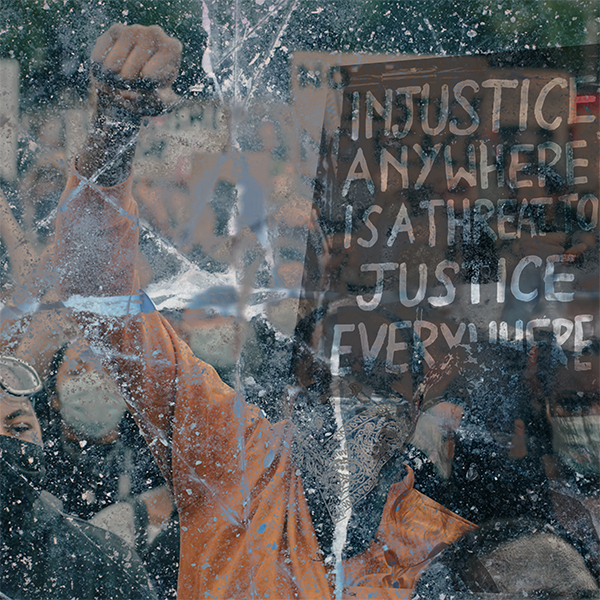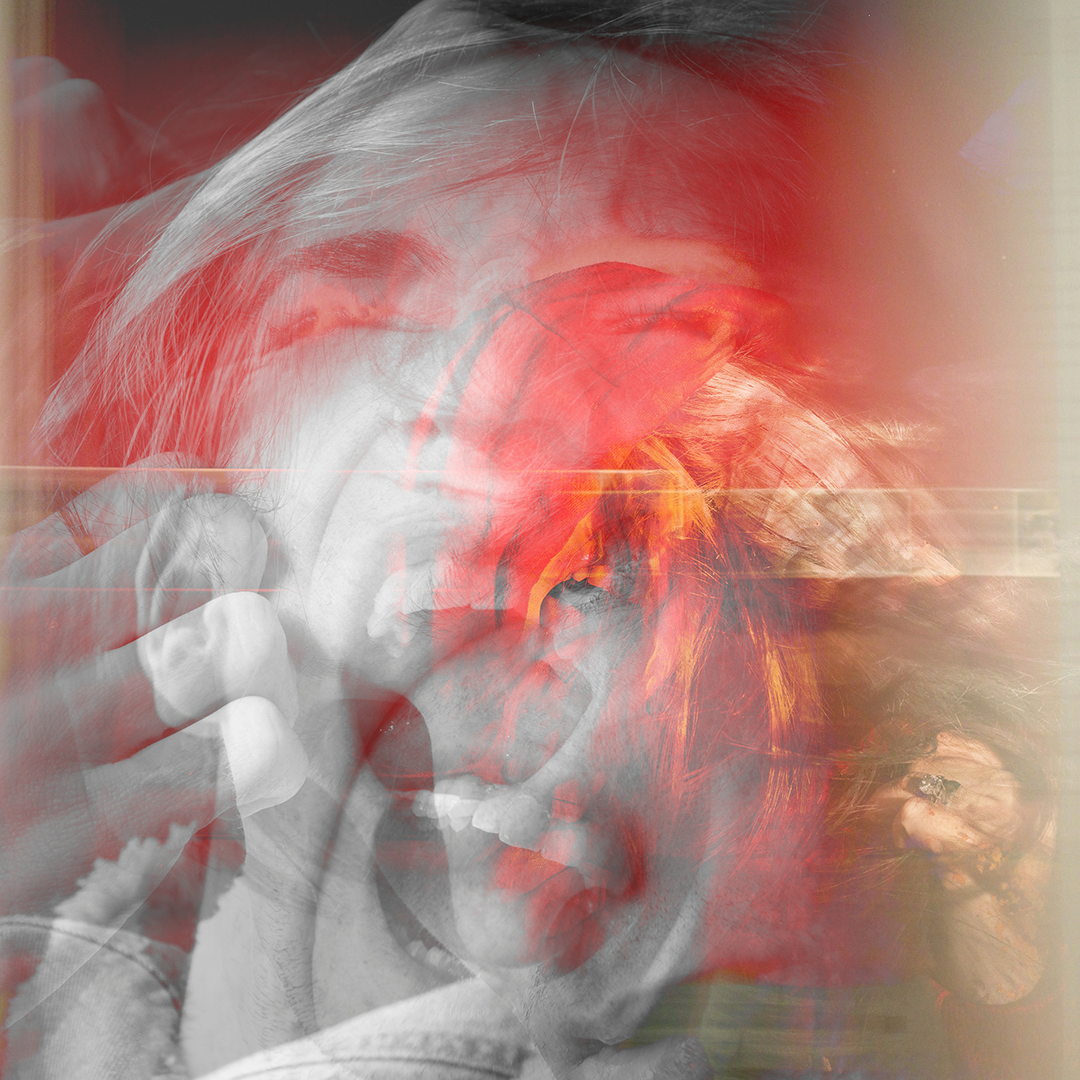Ferguson, WWI, and Reconstruction
Police make me nervous. Seriously. I realized most of the people I know don’t share this sentiment. When I’m at the park playing basketball or barbecuing and I see a patrol car come through I just assume they are going to harass me. Now I am a law abiding, middle-class, Anglo, family man…I don’t get harassed by the police nor do I give them cause to harass me. I didn’t give them cause as a child or teenager either.
The only difference is that I lived in not so nice areas of the Antelope Valley. So I don’t get the sense of security and goodwill that my friends and coworkers who grew up in affluent communities do. In my history police equaled problems. I have quite a few good friends in law enforcement and realize that this is a jaded perspective. However, it is a perspective that persists.
Ferguson
This is what is at stake in Ferguson. You have outrage at another shooting of an unarmed citizen by the police…something that happens alarmingly often in the Black community. Race as a social construct is most definitely a primary issue at play here, and many Black thinkers and leaders are highlighting this. We all need to listen. From my own experience, I also see the issues of power and privilege that are often underneath and interwoven with matters of race, and they seem to be rearing their ugly head in Ferguson. For this article, I want to focus on this element of power and privilege.
There is a problem behind Ferguson, behind fueling race riots, arrest murders, and labor disputes, and it is power and privilege. Affluent folks view law enforcement as an extension of their will (maybe with the exception of speeding tickets). Disadvantaged people view the police as antagonists to their well-being. One of the biggest problems with the Michael Brown shooting is this divide. In many ways the outcome of this incident has little to do with Brown and the officer and much more to do with a historical rift between the poor severed from the resources they need and the rich controlling these resources (and law enforcement) to protect their privilege and security.
Reconstruction
In the aftermath of the Civil War the executive office and Congress were faced with the impossible problem of not only reincorporating peoples and institutions that had waged war on the Union, but also embracing and empowering a nation of freed slaves who had little-to-no property, education or self-governing life skills. Radical Republicans called for property redistribution and enfranchisement while the elite, defrocked Planter class attempted to impose a new order of slavery through intimidation and coercion (black codes, share cropping, etc). This latter group formed militias to promote white supremacy (the Ku Klux Klan being the most infamous of these groups). These paramilitaries would harass the newly freed people and use violence to keep them from utilizing their recently amended civic and Constitutional rights. The Radical Republicans in Congress were able to employ the US Army to break up these militias and ensure the protection of these people.
Through a whole convolution of events, the radicals fell out of power, federal troops were withdrawn from the South and the swift disenfranchisement of Black Americans ensued. In the shadow of this unraveling, Congress passed a law called Posse Comitatus – stating the federal government cannot use federal troops to enforce the law. Track with me on this…most Americans would see this as limiting the power of the federal government for the protection of the common people. WRONG! The point of Congress’s action was to keep disadvantaged people in the mercy of the powerful. This was not meant to protect people from the US military or a growing police state…that still takes place. Under Posse Comitatus the National Guard is still allowed to be called in to establish law and order under the Governors direction. On more than one occasion the president has used federal troops to break up strikes and protests. We have established federal armories (we have one of these in Palmdale) to provide weapons for troops during a state of emergency (which is most likely a riot or grassroots movement, not a Red Dawn type Russian paratrooper invasion of the West Coast). This federal legislature was composed to prevent the federal government from ensuring black Americans would live without fear of violence or persecution and forfeit the right to vote.
The Great War
It is often the case that the events of history offer us two messages – a superficial answer and a deeper underlying meaning. This is the case in Reconstruction; this is also the case of World War I. This summer marks the 100th anniversary of the Great War’s outbreak and historians and commentators have been debating the root causes and effects of the war for the past century. In a truly Marxist interpretation (don’t worry, I’m neither a Communist nor a Marxist)…WWI was neither about class nor nationality nor race (ethnicity, linguistics, religion)…it was about power for the powerful. Marx assumed that the next great international war erupted it would be countered by a revolution of the workers…those who produce v. those who own the means of production (the bourgeoisie v the proletariat). Marx underestimated the power of patriotism…he wrongly presumed that poor factory workers and struggling farmers in England would identify with poor factory workers and struggling farmers in Germany (or Russia or the Austro-Hungarian Empire) over and above the rich industrialists of their own country. The problem: they didn’t! The ideologies of togetherness, solidarity and patriotism trumped those of like-mindedness and self-interest.
The events in Ferguson are not so unrelated to the events of Austria a century ago. Is the Brown shooting only about race? The result of believing this may end up turning poor people against poor people; the imperial leaders told European peasants it was all about nationality – turning factory worker against factory worker. Planter elites told Southern people it was all about race – turning poor white farmers against poor Black farmers. The problems of Reconstruction, WWI, and Ferguson have common ground that extends beyond race, nationality, or ideology. They are all about power and privilege.
These are a few divides I choose to look at, but certainly many (if not all) historical conflicts fall into this category. (The Cold War is a great example.) I want two propose to thoughts that challenge the polemics offered on cable television today:
Race is an issue – but class is underneath.
The pain of slavery and reconstruction is alive and well today…in the South more so than anywhere else. Men of color have far greater reason to suspect the police of undue harassment and profiling than I do. However, race can be misleading if we don’t follow its trail toward other issues. Many civil rights leaders started at race and moved towards the issues of class: Marcus Garvey, Martin Luther King Jr., Malcolm X, Caesar Chavez. The Great War wasn’t really about nationality…this was used to incite the passions and fears of nations. Ferguson isn’t only about race…race as the end all can become the faux amis employed to rouse suspicion of our neighbors. Can I go so far as to claim that race can be utilized as a misnomer during reconstruction…aimed to divide White and Black in a pitch to win White support for the dominant power class? There is a powerful TIME article that elaborates on this much more eloquently than I ever will.
Violence isn’t powerful enough.
I have a friend and teacher who once told me that Jesus was a pacifist because “violence wasn’t powerful enough.” In a recent post on Ferguson David Fitch penned: “This is the dilemma of violence. It never gets us anywhere in the long term. It’s the devil’s way to keep the sin ongoing.” It has taken me several years to understand what he meant; it has taken Ferguson. The National Guard is called in to establish law and order – and maybe they will…however...Law and Order is much different than PEACE! The National Guard will never establish peace!
Peace isn’t a tranquil state, but a new order.
I don’t mean a new political order…that is what Woodrow Wilson called for in his New World Order mandate for a great League of Nations. A new political order will always turn into another establishment wielded by the power of the privileged. We need a new social, relational order. We are doomed to repeat Reconstruction, WWI and Ferguson until we stop viewing each other in binaries that alienate. Jesus, the greatest pacifist ever, called the world to live under his new order (the Kingdom of God) were mercy triumphs over judgment, where we treat each other with dignity and respect, where love is the organizing principle and not privilege or power. The League failed and Reconstruction faltered not because they are bad, but because they aren’t enough!
We need an interior revolution that starts within communities and homes…not an imposed mandate from an institution.



